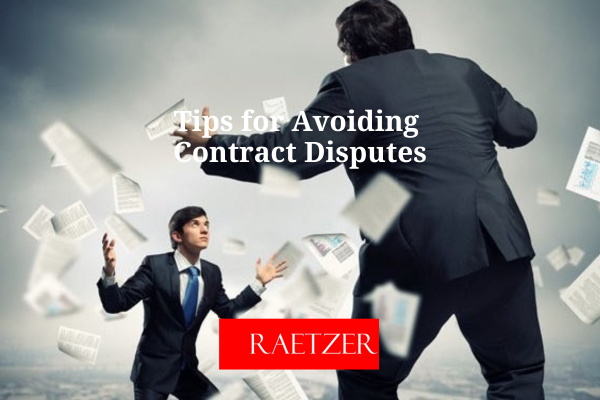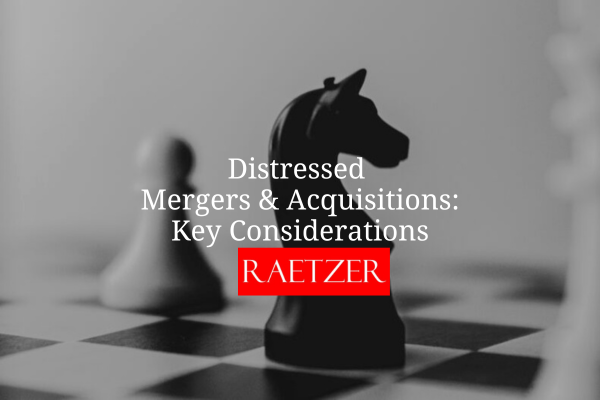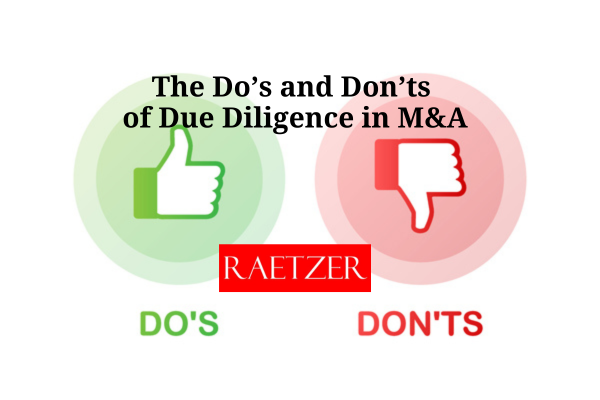Contracts aim to establish clear agreements, yet disputes can still arise despite thorough drafting. Research shows that poorly managed contracts can cost up to 10% of annual revenue. Preventing contract disputes can be challenging, especially without extensive contract expertise. Such disputes consume time and resources, highlighting the importance of proactive strategies. Seeking guidance from an experienced contract dispute lawyer can be invaluable when issues do arise. Here are essential steps to help avoid contract disputes and preserve organizational integrity.
Ensure Clear, Written, and Future-Proof Contracts
A well-written negotiated contract is essential to prevent misunderstandings. Clear, written agreements provide a reliable record of terms, reducing the risk of disputes. Informal or partially documented agreements can create confusion, as parties may interpret terms differently. Formalize agreements to set quality standards, timelines, payment terms, and dispute resolution processes, including governing law and jurisdiction.
It’s also important to consider your company’s future growth when drafting contracts. Flexible terms can support business expansion and strategic adjustments, which is particularly beneficial for long-term agreements. During the drafting phase, a skilled contract lawyer can ensure the contract is adaptable while precise, balancing specificity with flexibility to support growth and avoid unintended restrictions.
Document Everything
While the contract itself is crucial, related documents can be just as valuable. Maintain organized records, including emails, meeting minutes, payment proofs, accounting data, and loan documents. These can provide critical context in the event of a dispute by revealing each party’s intentions and expectations, although “Entire Agreement” clauses generally render this a last resort option there may be an instance where clarity is afforded outside the four corners of the contract.
Avoid informal “handshake deals,” which lack documentation and make dispute resolution challenging. Documenting every stage of the agreement and communication is essential for clarity and accountability.
Establish Strong Policies
Implementing robust internal policies and procedures helps prevent contract disputes. Ensure these policies comply with industry standards and cover contract negotiation, execution, and stakeholder engagement. Ethical practices and fair procedures set standards that can help minimize disputes due to unfair or reckless behavior.
These policies do more than ensure legal compliance—they foster a workplace culture of respect and integrity. Such a culture promotes trust, open communication, and fairness, which naturally reduces the likelihood of disputes.
Fulfill Your Obligations
A contract outlines the duties of each party, and fulfilling these obligations is critical. This includes upholding commitments and performing to a high standard within the specified timeframe. Additionally, fiduciary responsibilities require actions that align with the organization’s best interests and those of its stakeholders.
Actions that could harm involved parties should be avoided. Failing to meet contractual obligations can quickly lead to disputes and damage business relationships. By meeting your commitments, you reinforce trust and stability in your commercial relationships.
Recognize Early Warning Signs
Recognizing early indicators of a potential dispute can allow you to address issues before they escalate. Breakdowns in communication, such as unreturned calls, missed deadlines, or delayed responses, often signal growing dissatisfaction or disengagement. Additionally, a shift to more formal or clause-specific communication can indicate scrutiny for potential contract loopholes.
Other red flags include late payments, missed deliveries, and frequent high-level personnel changes, which may suggest internal issues that could lead to disputes. Working proactively with a contract lawyer can help you recognize these signs and mitigate risks early.
Work With a Contract Lawyer
Understanding the causes of contract disputes and taking preventive steps is key. Drafting contracts can be complex, with room for oversight. Partnering with a contract lawyer ensures your agreements are thorough and reduce the risk of conflict.




